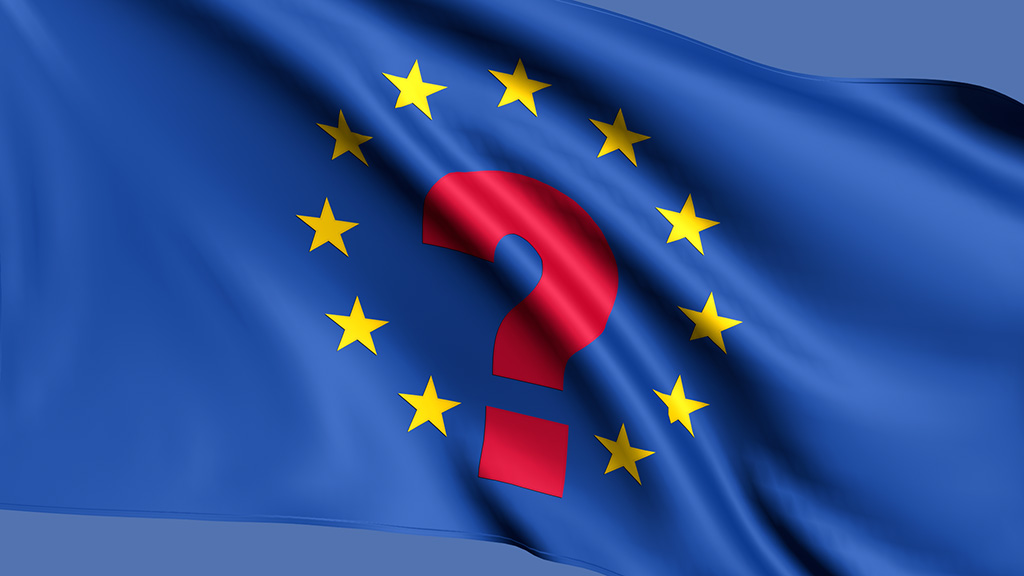In the event that the United Kingdom leaves the European Union without the successful negotiation of alternative arrangements, its broadcast channel licences will not be recognised in many European countries. Sky has asked broadcasters using its pay-television platform to notify it of their future broadcasting and licensing plans by the end of the year or face being removed from the service in territories for which they do not hold a valid licence.
Sky says that it continually works with its partner channels to ensure that they have the licences they need to broadcast.
Now controlled by Comcast, Sky carries channels from a number of major American media companies on its platform. As well as NBCUniversal, which is part of Comcast, leading groups Discovery, Disney, Viacom and Warner Media use the United Kingdom as their European broadcasting hub. In many cases they use licenses from the United Kingdom that currently allow their channels to be broadcast in other European countries.
This also applies to the channels of British broadcasters, including public service channels that Sky makes available in the United Kingdom and Ireland.
These channels will not be legally licenced in some territories without agreement to continue to recognise these licences in the event that the United Kingdom leaves the European Union.
The United Kingdom government has published guidance on broadcasting and video on demand if there is no deal over Brexit. Since then there remains a real possibility of no deal being negotiated. International broadcasting may not be at the top of the agenda, even if some aspects are agreed.

The government is advising that broadcasters will need to assess on a case-by-case basis whether their current licence would continue to be accepted in the European Union countries where the service is made available, and seek independent local advice if necessary.
While the Council of Europe Convention on Transfrontier Television will continue to apply in the event that the United Kingdom withdraws from the European Union, those countries that have signed the convention only observe the rules of the Audiovisual Media Services directive inside the single market. Other countries, including Belgium, Denmark, Greece, Ireland, Luxembourg, The Netherlands and Sweden are not party to transfrontier television convention.
This poses a problem for broadcasters that currently rely on a licence from the United Kingdom regulator Ofcom to allow their services to be available in other European Union member states, including Ireland.
While satellite spot beams can focus on particular territories, the signals do not respect national borders.
As a platform operator, Sky has the capability to remove channels from its programme guide based on the subscriber billing address.
So Sky could potentially remove the availability of channels in territories, such as Ireland, where they are not legally licenced.
Virgin Media, part of Liberty Global, also provides services in Ireland, and will also need to ensure that any channels carried there on its cable network are appropriately licenced.
Ofcom licenses over a thousand television channels in the United Kingdom. The United Kingdom is estimated to be the home of more than a third of licences for all channels broadcast across the European Union.
Since the referendum result raised the prospect of Brexit, informitv has been advising broadcasters of the implications for the international reception of channels licensed in the United Kingdom. The political situation remains unclear but the pressure on broadcasters to invoke contingency plans is increasing. Sky is clearly making preparations.
